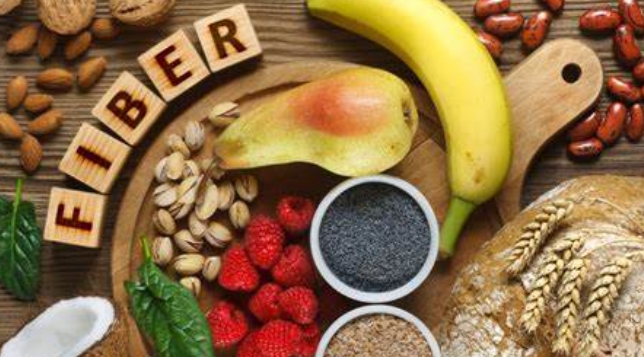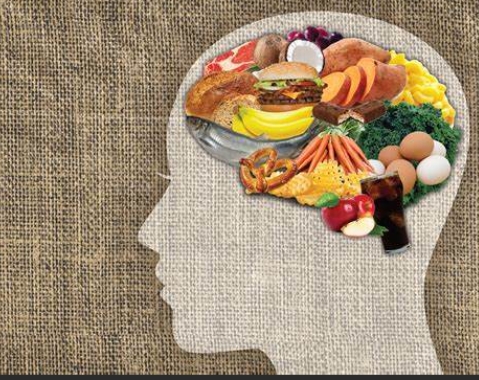Protein is often considered a cornerstone of a balanced diet, especially for individuals aiming to improve their physical health and fitness. As one of the three macronutrients—alongside carbohydrates and fats—protein plays a critical role in building and repairing tissues, making it essential for muscle health and recovery. Whether you are an athlete, a fitness enthusiast, or simply someone looking to enhance overall wellness, understanding the importance of protein can significantly impact your progress and performance.
Muscles are primarily made up of protein, so it’s no surprise that consuming an adequate amount is vital for muscle growth and repair. When we engage in physical activities, particularly strength training and high-intensity exercises, small tears occur in muscle fibers. Protein helps repair these tears, allowing muscles to heal and become stronger over time. This process is essential for building muscle mass, increasing strength, and enhancing overall fitness.
In addition to supporting muscle growth, protein also plays a crucial role in recovery. After a workout, muscles need time and nutrients to repair, and protein provides the building blocks needed for this process. Consuming protein shortly after exercise can help speed up recovery, reduce muscle soreness, and prevent muscle breakdown. This is especially important for individuals involved in endurance activities, weightlifting, or sports that require sustained physical exertion.
For those looking to increase muscle mass, protein intake becomes even more important. Consuming sufficient protein throughout the day ensures that your body has the necessary amino acids to support muscle growth. Amino acids are the building blocks of protein, and some of them, known as essential amino acids, cannot be produced by the body and must be obtained through diet. Foods like lean meats, poultry, fish, eggs, dairy products, legumes, and plant-based protein sources such as tofu, tempeh, and quinoa are rich in amino acids and can support muscle development.
It’s also important to note that protein plays a role in maintaining a healthy metabolism. When you consume protein, your body burns more calories during digestion compared to carbohydrates and fats. This is known as the thermic effect of food (TEF), and it means that protein can help promote a more efficient metabolism. Additionally, protein can help control hunger by keeping you feeling fuller for longer, which is beneficial for weight management and overall health.
While protein is essential for muscle health and recovery, the timing and amount of protein you consume matters as well. For optimal muscle repair and growth, it’s important to spread protein intake throughout the day rather than consuming it all in one meal. This allows your body to use protein more efficiently and maintain a consistent supply of amino acids for muscle recovery. The general recommendation is to consume about 1.2 to 2.0 grams of protein per kilogram of body weight, depending on factors like activity level and goals.
One common misconception about protein is that more is always better. While protein is crucial, excessive protein intake doesn’t necessarily result in more muscle gain. Your body can only process a certain amount of protein at a time, and excess protein is typically converted into energy or stored as fat. It’s important to find a balance that supports your specific needs, whether you’re focused on building muscle, improving athletic performance, or maintaining overall health.
For those with dietary restrictions or preferences, such as vegetarians or vegans, it’s still possible to meet protein requirements through plant-based sources. While plant proteins may not always be as complete as animal proteins, combining different plant-based foods can provide all the essential amino acids. For example, pairing beans with rice, or tofu with quinoa, can ensure that you’re getting a full spectrum of amino acids.
In conclusion, protein is an essential nutrient for muscle health, recovery, and overall well-being. It supports muscle growth, repair, and recovery after physical activity, making it especially important for athletes and fitness enthusiasts. By incorporating adequate amounts of protein from a variety of sources and spreading protein intake throughout the day, you can enhance muscle performance, support recovery, and improve overall health. Whether you’re looking to build muscle, recover faster, or maintain a healthy metabolism, protein should be a key component of your diet.





